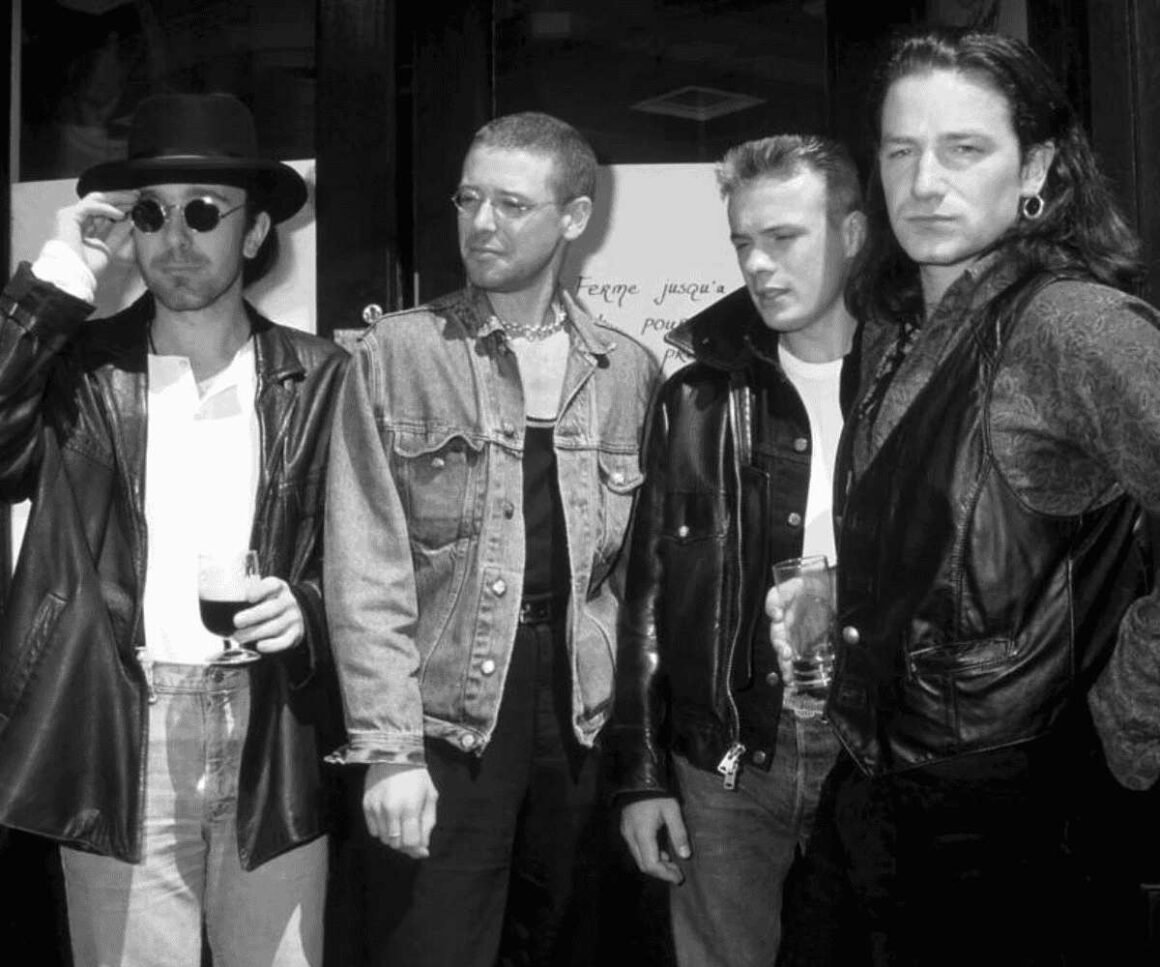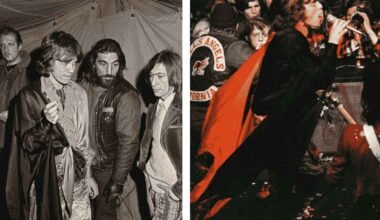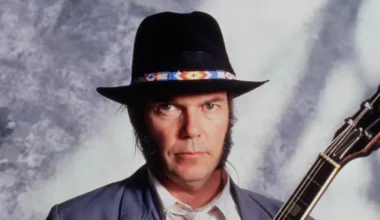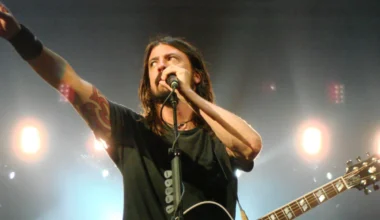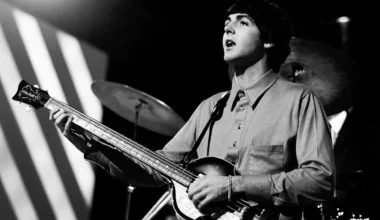Any band that wants to make it big has to quickly grasp the value of original material. Sure, you can reel in the crowd by covering popular hits, but if that’s all you’ve got, you’ll never break out of the local bar circuit.
U2 had the talent to create their own great music, but when they tried covering The Rolling Stones’ “Jumpin’ Jack Flash,” even Bono had to admit, it wasn’t their finest hour.
U2 wasn’t known for being an outstanding cover band.
There have been moments when their covers felt significant—like the versions of The Beatles’ “Helter Skelter” or Bob Dylan’s “All Along the Watchtower” on Rattle and Hum—but even those renditions were flawed.
Bono’s habit of inserting his own rhetoric, especially into Dylan’s songs, left fans divided on whether the covers improved on the originals or fell flat.
The Rolling Stones’ music, while seemingly simple, is deceptively hard to master. Songs like “Honky Tonk Women” may sound like straightforward barroom rock, but capturing that signature cowbell and Keith Richards’ iconic guitar licks in a live setting is far from easy.
Yet, for a band just starting out, cover songs are the comfort zone. Despite their varying influences, the members of U2 were at least familiar enough with “Jumpin’ Jack Flash” to give it a shot.
However, they soon learned that “Jack Flash” is not as simple as it seems. The song relies on a specific alchemy that, if disrupted, can ruin the whole performance. Bono realized early on that U2 wasn’t cut out to be a cover band.
He recalled, “We actually aren’t able to play other people’s songs. The one Stones song we tried to play was ‘Jumpin’ Jack Flash.’ It was really bad. So we started writing our own. It was easier.”
Despite this realization, U2 didn’t completely abandon covers. They still attempted to rework other artists’ tracks, with mixed results.
One of their biggest missteps was their 1990s version of Creedence Clearwater Revival’s “Fortunate Son,” where they transformed the protest anthem into an electronic dystopian experiment.
It was a jarring departure from the original, and it’s surprising they managed to get away with it.
U2’s later work, such as the much-criticized Songs of Innocence album, at least showed some growth in their approach.
“The Miracle (Of Joey Ramone)” paid tribute to one of their idols, but this time, U2 had learned the lesson Bono had hinted at years earlier—it’s better to write a song about an artist than try to recreate their magic.

